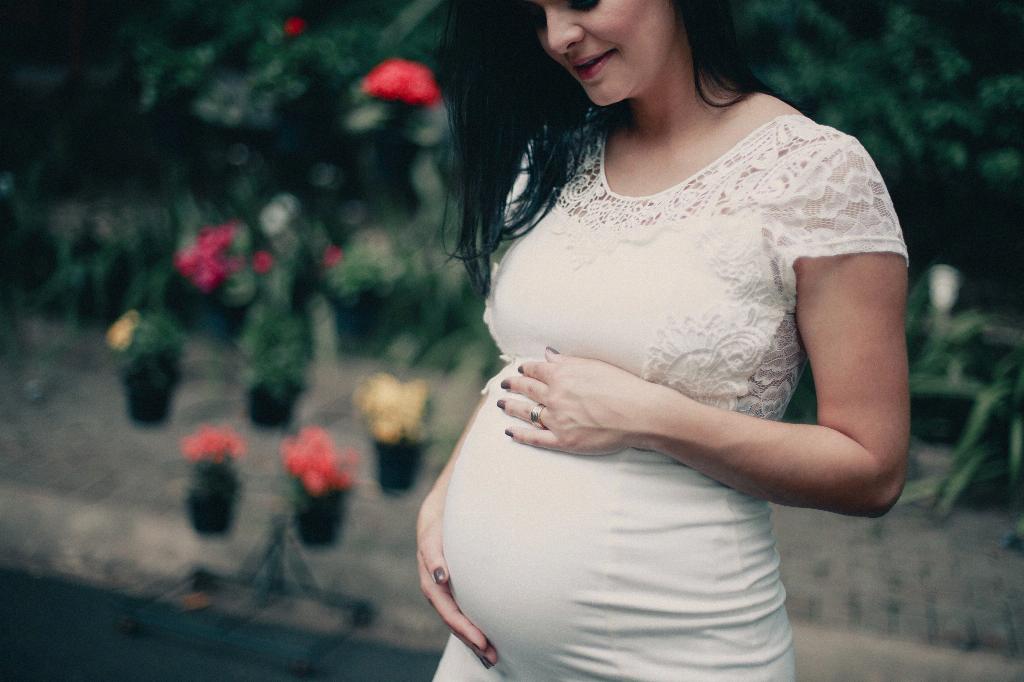When it comes to the survival of a cornual pregnancy, the statistics can appear daunting. With cornual pregnancies accounting for 2-4% of ectopic pregnancies and having a mortality rate 6-7 times higher than other types of ectopic pregnancies, the stakes are undeniably high.
Challenges of Cornual Pregnancies
The unique challenge of cornual pregnancies lies in their location within the horn or lateral portion of the uterus. This atypical implantation site can lead to dangerous complications, such as rupture and severe bleeding, posing a significant threat to both the mother and the developing fetus.
Medical Interventions
In cases of cornual pregnancy, timely medical interventions are crucial for improving the chances of survival. Options such as surgical removal of the pregnancy or medical management through methotrexate administration may be considered depending on the specific circumstances of the case.
Risk Factors
Various risk factors can influence the outcome of a cornual pregnancy. Factors such as delayed diagnosis, advanced maternal age, previous ectopic pregnancies, and anatomical abnormalities of the uterus can increase the complexity of the situation and impact the overall survival rate.
Diagnostic Challenges
Diagnosing a cornual pregnancy can present challenges due to its resemblance to intrauterine pregnancies on initial ultrasound scans. This similarity can lead to delays in accurate diagnosis and appropriate management, underscoring the need for a high level of clinical suspicion.
Prognostic Outlook
While the statistics on cornual pregnancy survival rates may seem discouraging, it is essential to remember that each case is unique, and factors such as early detection, prompt treatment, and the overall health of the mother can significantly influence the prognosis.
Emotional Impact
Dealing with a cornual pregnancy can take a toll on the emotional well-being of the individuals involved. The uncertainty surrounding the outcome, the need for medical interventions, and the potential loss can contribute to heightened stress and anxiety during this challenging time.
Supportive Care
During the management of a cornual pregnancy, providing adequate emotional support and counseling to the affected individuals is paramount. Compassionate care, clear communication, and access to mental health resources can help navigate the emotional upheaval that often accompanies such situations.
Post-Treatment Care
Following the resolution of a cornual pregnancy, post-treatment care and follow-up monitoring are essential aspects of ensuring the well-being of the patient. Regular check-ups, emotional support, and discussions about future family planning options can aid in the recovery process.
Medical Advances
Ongoing research and medical advancements continue to shape the landscape of managing cornual pregnancies. Advances in diagnostic techniques, treatment modalities, and personalized care approaches hold promise for improving outcomes and enhancing the chances of survival in complex cases.
The Road Ahead
In the realm of cornual pregnancies, the journey towards survival is multifaceted and requires a collaborative effort between healthcare providers, patients, and support networks. By staying informed, advocating for timely interventions, and fostering a compassionate approach, it is possible to navigate the challenges inherent in cornual pregnancies and strive for the best possible outcome.
Conclusion
While the survival of a cornual pregnancy may pose significant challenges, proactive care, timely interventions, emotional support, and advancements in medical knowledge collectively contribute to a more optimistic outlook. By addressing the complexities of cornual pregnancies with diligence and compassion, the path towards survival becomes a shared journey of hope and resilience.

